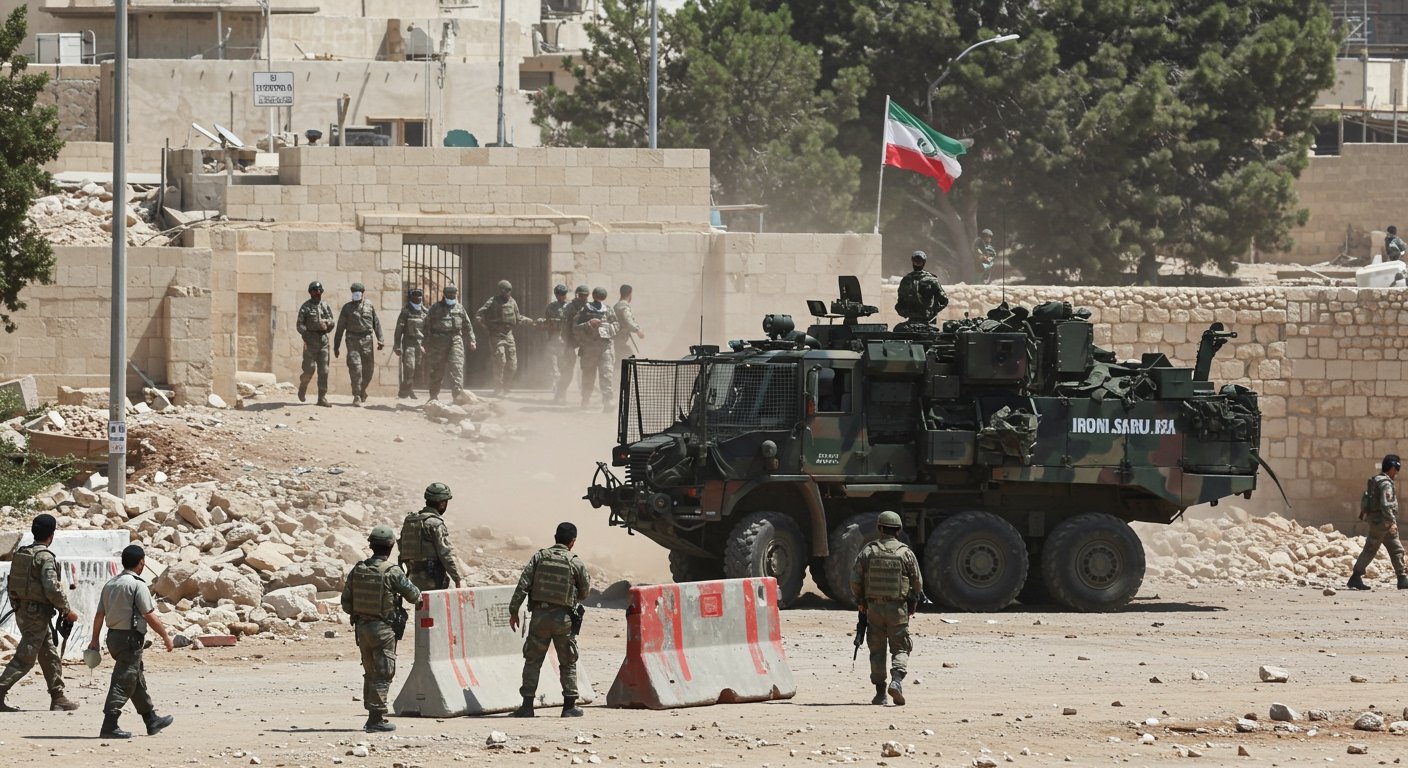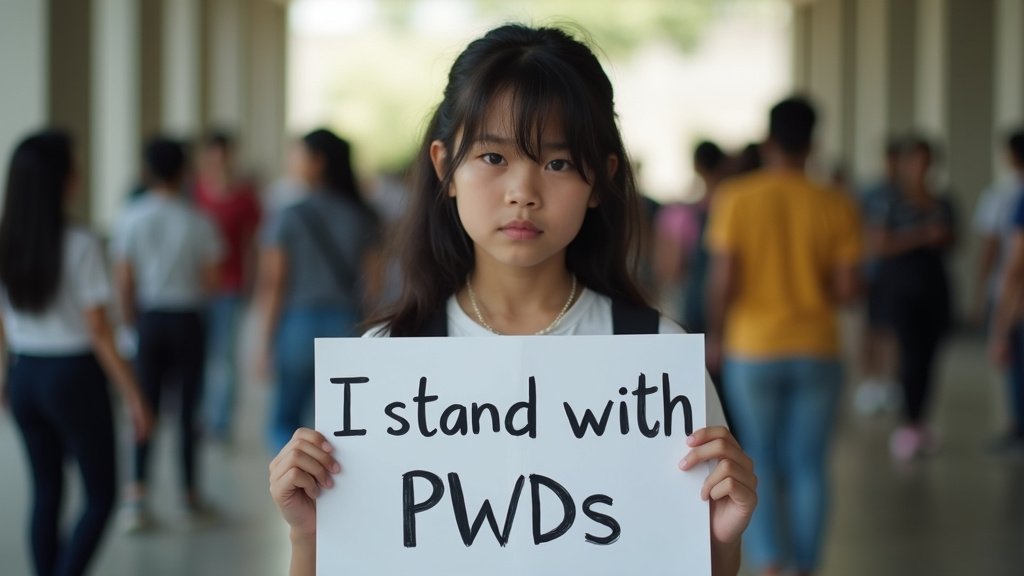SOUTHERN ISRAEL – An Iranian missile struck a hospital in southern Israel on June 20, 2025, causing several injuries and marking a significant escalation in the already fraught tensions between the two nations.
The strike, targeting a civilian medical facility, underscores the perilous trajectory of the conflict, which analysts fear could spiral into wider regional or even global confrontation. Reports indicate Iran deployed ballistic missiles equipped with cluster warheads in its recent attacks against Israeli targets.
Political Fallout and Retaliation Threats
The immediate aftermath saw sharp condemnation from Israel and defiant rhetoric exchanged between top leaders. Israeli Prime Minister Benjamin Netanyahu issued a forceful response to the attack, stating unequivocally that Israel would “Exact Full Price” for the strike. He reiterated Israel’s ongoing objective to counter what it views as the existential threat posed by Iran’s nuclear and missile programs, explicitly aimed at Israel’s destruction.
The severity of the exchanges escalated further with remarks from Israel’s defense minister, who stated that Iran’s Supreme Leader Ayatollah Ali Khamenei “can no longer be allowed to exist.” This direct challenge to Iran’s highest authority highlights the intensity of the current standoff.
Iran’s Defiant Stance
Iran’s Supreme Leader, Ayatollah Ali Khamenei, has reportedly defied calls for surrender, including those from US President Trump. According to reports, Khamenei issued a stern warning of “irreparable damage” if the United States chooses to align itself with Israel in the conflict. This public stance from Iran’s most powerful figure signals a clear unwillingness to back down despite international pressure and Israeli threats.
International Reactions and Mediation Efforts
The escalating conflict is drawing urgent international attention. Russia has signaled its readiness to potentially mediate the dispute, indicating a desire to de-escalate the situation through diplomatic channels. However, Moscow also issued a cautionary note, specifically warning the United States against any military intervention in the conflict, highlighting the potential for broader geopolitical ramifications.
Meanwhile, the United States finds itself at a critical juncture. US President Trump is reportedly expected to make a decision regarding potential US action against Iran within the next two weeks. This impending decision adds another layer of uncertainty to the volatile situation, with Khamenei’s warning directly addressing the consequences of potential US involvement on Israel’s side.
Deepening Crisis and Potential Implications
The direct military confrontation between Israel and Iran, exemplified by the strike on the hospital in southern Israel, is widely seen as carrying potentially serious regional and global implications. The involvement of major global powers like the United States and Russia, coupled with the direct exchange of threats between the leaders of Iran and Israel, raises concerns about the conflict expanding beyond the two primary antagonists.
Experts fear that miscalculation or escalation could draw in other regional actors or lead to a wider proxy conflict across the Middle East. The use of advanced weaponry, including ballistic missiles with cluster warheads as reported in Iran’s strikes, further heightens concerns about the humanitarian consequences and destructive potential of the current hostilities.
The international community is closely watching the developments, particularly as the deadline for President Trump’s decision approaches and as leaders on both sides continue to issue stark warnings and threats. The strike on the hospital serves as a grim reminder of the civilian cost of the escalating military engagement.
The coming weeks are expected to be critical in determining whether diplomatic efforts can avert further escalation or if the region is poised for a more widespread and potentially devastating conflict.





